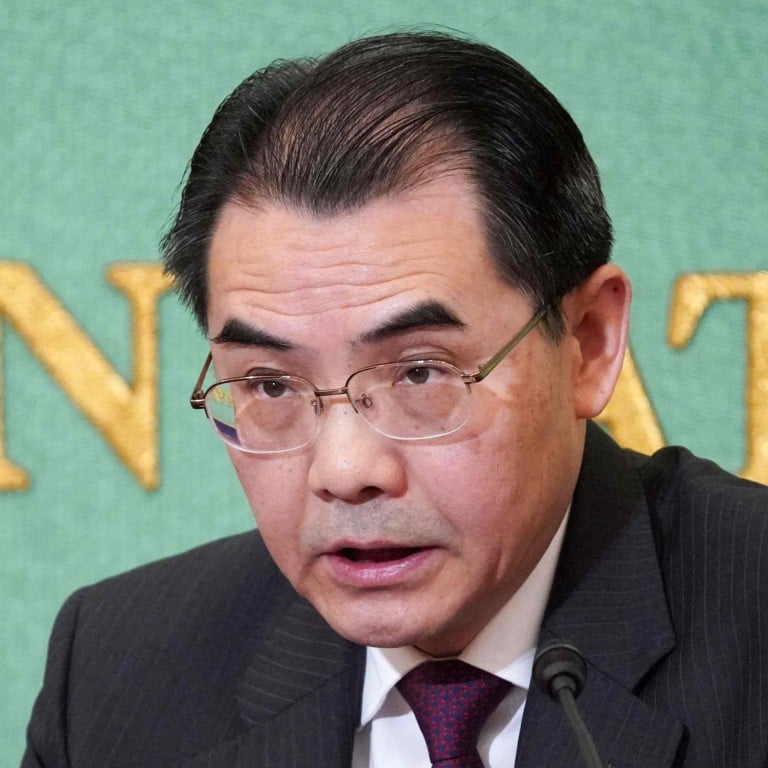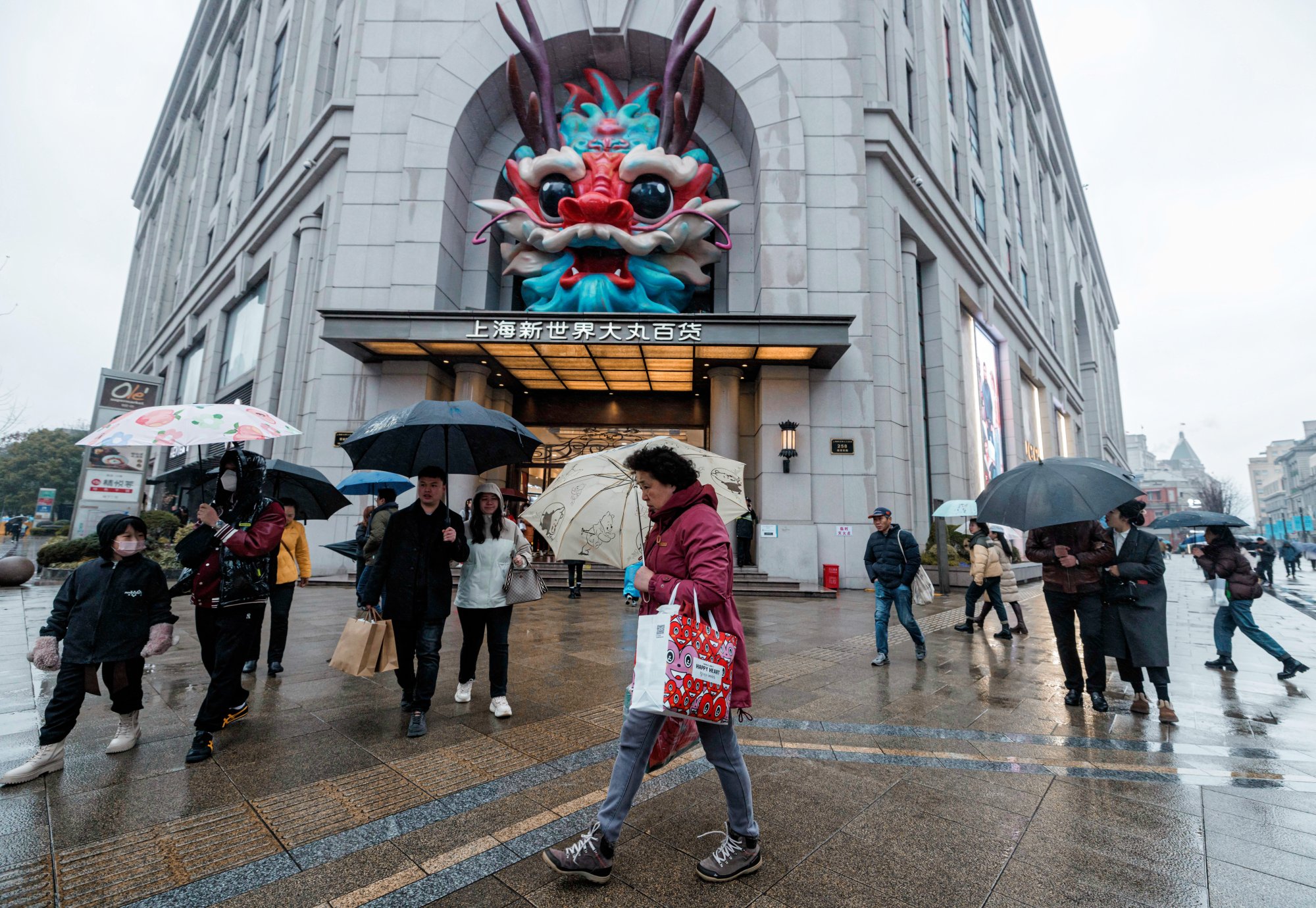
China welcomes Japanese business, Beijing’s envoy Wu Jianghao says, trying to ease fears
- Trade and investment growth between the two countries has slowed amid a series of economic and security concerns
- Tokyo must share some responsibility for ensuring the stability of the relationship, Wu says
Beijing’s top envoy to Tokyo has sought to allay growth and security concerns about China in the Japanese business community, saying the two sides should explore opportunities in emerging industries.
Asked about the effects of the coming US presidential election on the global economy, Wu said the world should not be shaped by “the internal affairs” of a single country and that China and Japan should work together to maintain the stability of bilateral relationship.
A Chinese transcript of Wu’s comments was published on the Chinese embassy’s website on Friday.
In another worrying sign, trade between China and Japan dropped by 10.7 per cent last year compared to a year earlier, with bilateral investment growth also slowing, a situation the Chinese envoy said required “urgent attention” for a speedy reversal.
Wu, who took up his post a year ago, admitted that as China’s technological strength grew, Japanese companies had “concerns and wariness” over the emerging competition with Chinese counterparts in the global markets.
Still, Japan could work with China to advance the digital and green economies and to tackle common challenges, such as the shrinking and ageing workforce.
China youth scammed into paying huge fees for a job in online employment rackets
Wu also sought to ease worries over China’s new espionage law, which has sent chills through foreign business communities in China and raised doubts over Beijing’s pledges to open more to foreign investment.
In October, Tokyo confirmed that Hiroshi Nishiyama, a veteran Japanese executive at Astellas Pharma and a prominent member of the Japanese business community in China, was arrested on suspicion of espionage.
Wu did not refer to Nishiyama directly but did say there were cases in recent years involving “some people who had long been devoted to Sino-Japanese exchanges and cooperation and had a certain influence in both societies”.
“We do not want these people to be instigated to engage in unlawful activities in China, as they can play a role in their own fields much more than obtaining so-called intelligence,” Wu said, adding that China welcomed “normal and friendly economic activities”.

There were “some foreign companies” pulling out of China, but that’s “a normal phenomenon”, he said.
“It is also completely understandable if foreign companies adjust their business plans in China from the laws of the market,” he said.
“If foreign enterprises have any opinions on China’s business environment, we are willing to listen carefully and actively address their legitimate concerns.”


